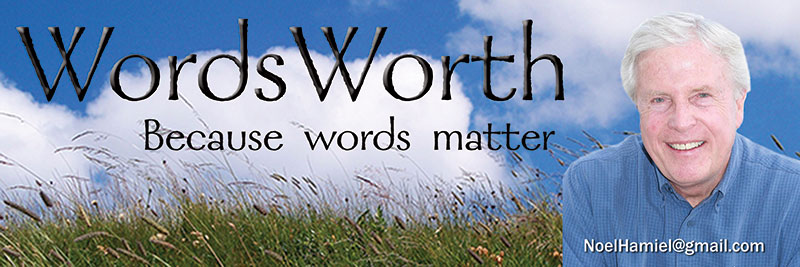Voter apathy: “Elections belong to the people. If they decide to turn their back on the fire and burn their behinds, then they will just have to sit on their blisters.” – Abraham Lincoln
Were you surprised at last week’s low voter turnout for the primary?
No?
Neither was I.
About the only surprise was Kristi Noem’s margin of victory over Marty Jackley.
And yet, every time a large number of citizens are no-shows on voting day, I wonder what’s going on.
To that end, I talked to two experts – political scientists – and asked them why so many voters stayed home. They agreed on one important point – that registered Democrats had few races and therefore less incentive to vote.
The Secretary of State’s office said a mere 26.6 percent of registered voters bothered to cast a ballot. Keep in mind that figure is the percentage of “registered” voters, or 141,044 of 530,859 who could have voted. The picture looks worse if you consider the total number of South Dakotans who are 18 and older: 655,668. That means nearly 125,000 of our citizens haven’t bothered to register.
So actually, this election outcome was decided by 21.5 percent of our citizens.
Julia Hellwege, assistant professor of political science at the University of South Dakota, was not surprised by the turnout, and said that there were a number of hurdles that get in the way of voting.
She mentioned the South Dakota voter ID law as one of those (photo ID) and also listed institutional obstacles, such as registration requirements for primaries and dual citizenship on Indian reservations.
“People look at the benefits and then they look at the cost,” she said.
Jon Schaff, professor of political science at Northern State University, agrees that the time, energy, and cost of transportation results in some not voting, but maintains that if that was the only factor, no one would vote.
He believes it is easier to vote than ever and that voter ID laws aren’t new. Nor is a government ID difficult to obtain.
Schaff said research has shown that certain variables affect voting. Those who are married are more likely to vote. Churchgoers are too. And yet, numbers in both of those categories are in decline.
What about civic responsibility? If you live in a democracy, don’t you have an obligation to vote?
Not legally. There’s no law that says you must register to vote, or cast a ballot.
In any case, there’s probably a way to motivate a better voter turnout. I just don’t know what it is.
June 13, 2018
